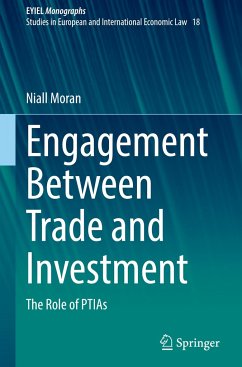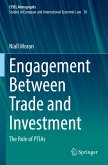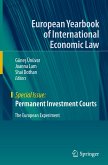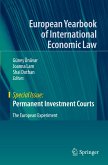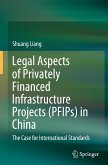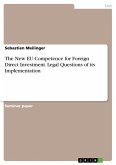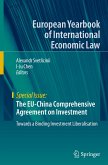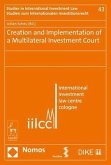This book explores engagement between the trade and investment law regimes and the extent to which this is being driven by Preferential Trade and Investment Agreements (PTIAs). It provides an empirical analysis of engagement between the two regimes using data from 60 PTIAs and 60 Bilateral Investment Treaties concluded between 2005-2019 to see whether PTIAs result in increased engagement and whether they are doing so over time. The book explores eight of the factors identified as evidencing inter-regime engagement. These chapters look at when engagement is appropriate and to what extent it is appropriate in relation to each of these areas. Based on the findings of this book's empirical and comparative law analysis of PTIAs, BITs, and the trade and investment law regimes, the book examines whether the conclusion of PTIAs compared to BITs has resulted in increased levels of engagement between the trade and investment law regimes.
This book does not put forth the view that convergence between trade and investment is always appropriate, but provides recommendations as to how treaties may be formulated and interpreted in a manner that takes inter-regime engagement into account with a view to ensuring the harmonious simultaneous development of the two regimes. The question of the future direction for engagement between the trade regime and the investment regime is very topical in light of changes to the architecture of both regimes at present.
This book does not put forth the view that convergence between trade and investment is always appropriate, but provides recommendations as to how treaties may be formulated and interpreted in a manner that takes inter-regime engagement into account with a view to ensuring the harmonious simultaneous development of the two regimes. The question of the future direction for engagement between the trade regime and the investment regime is very topical in light of changes to the architecture of both regimes at present.

